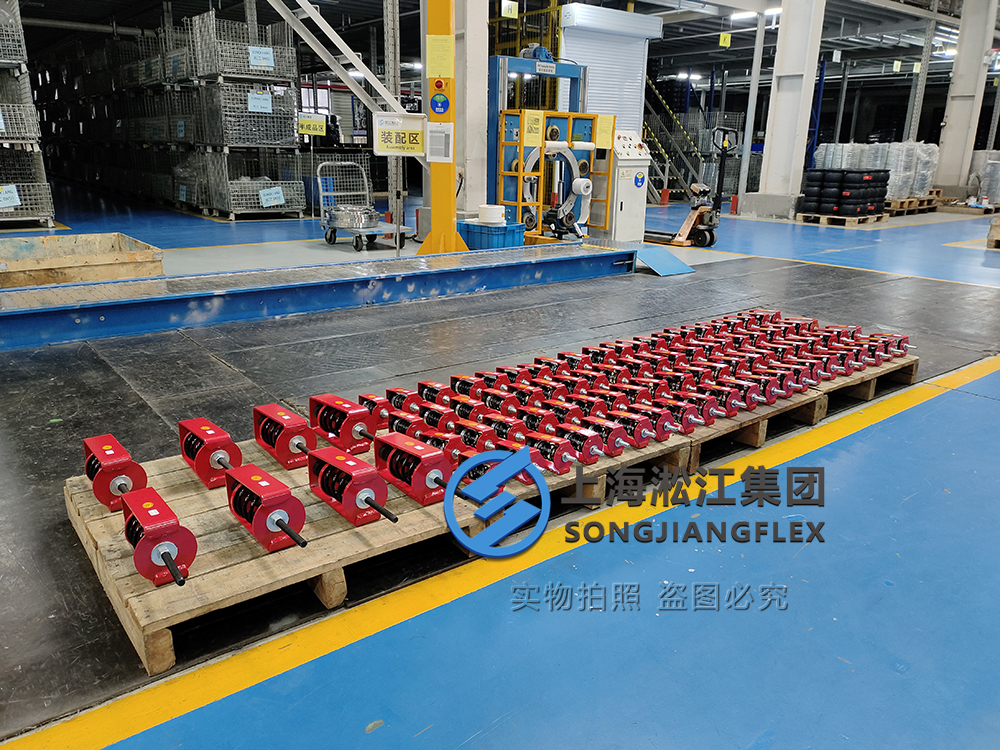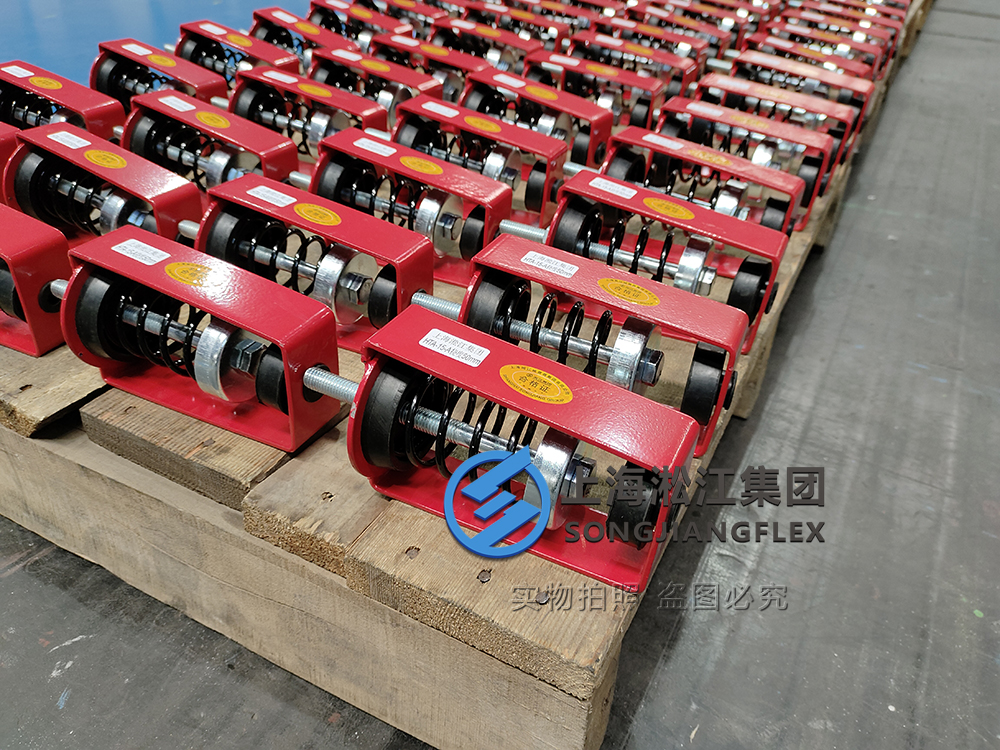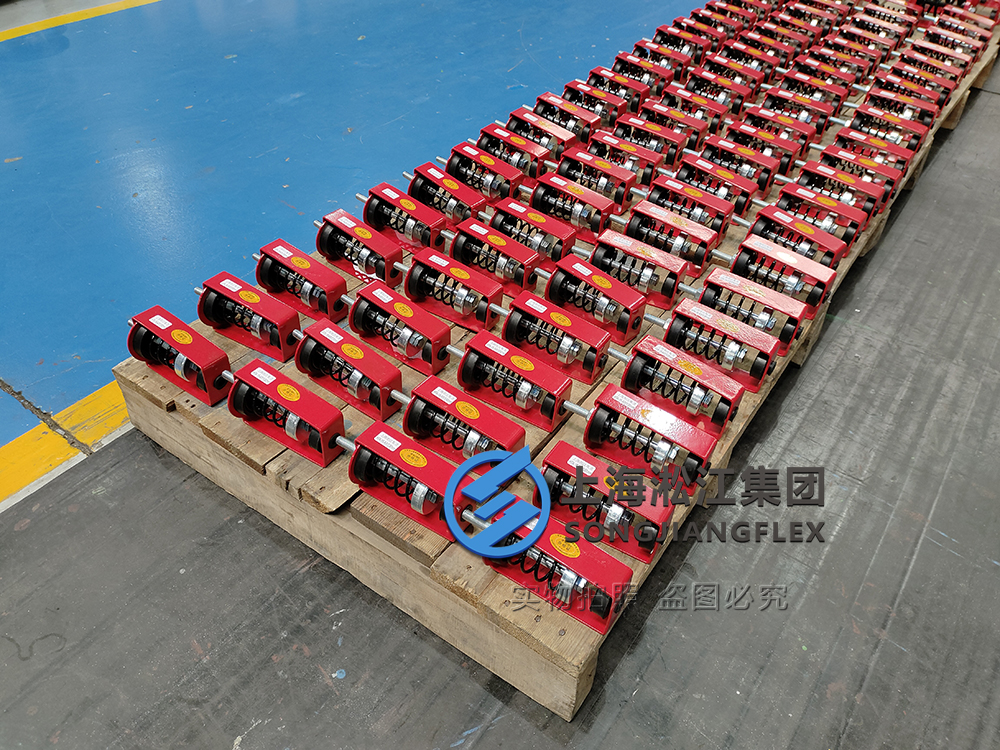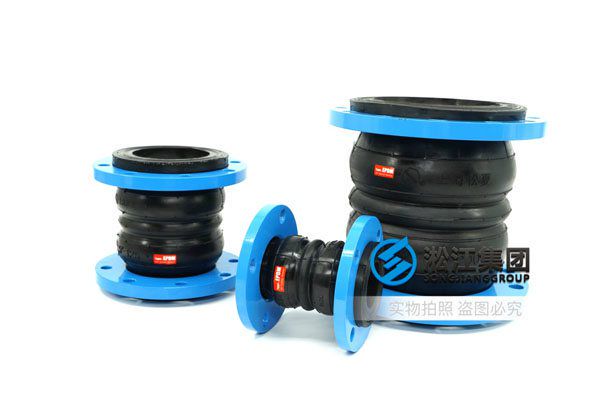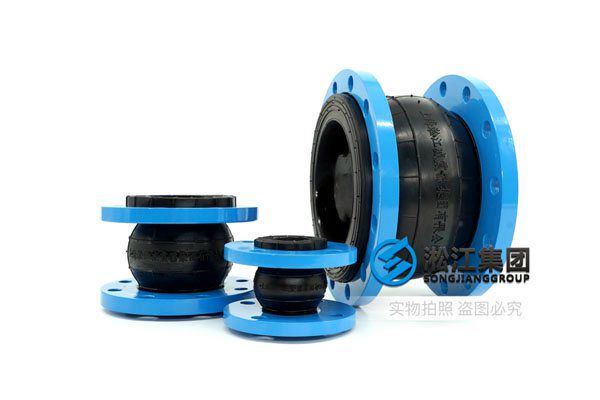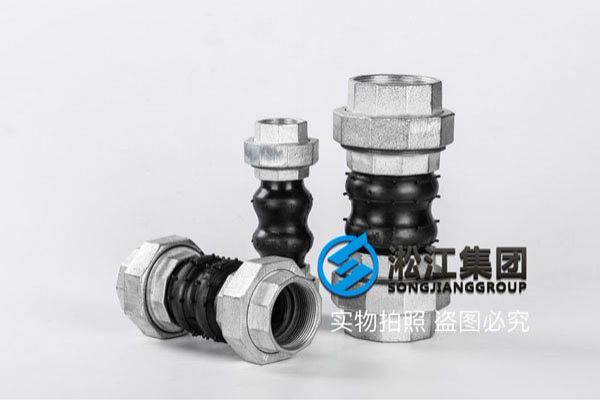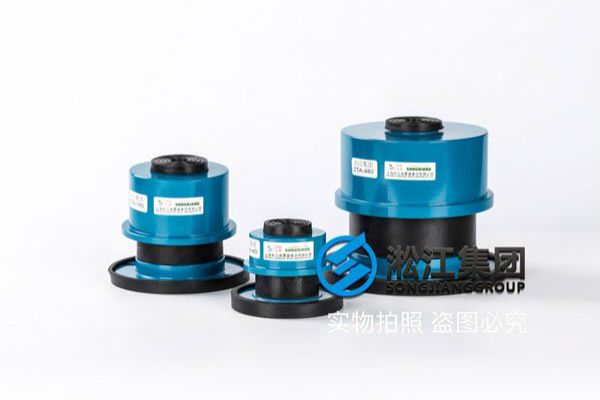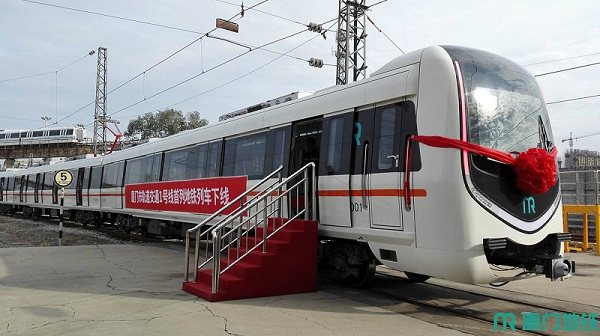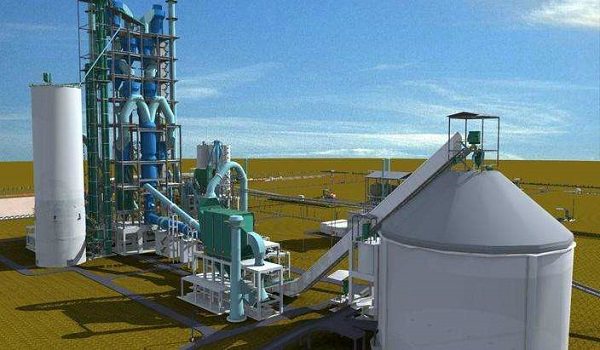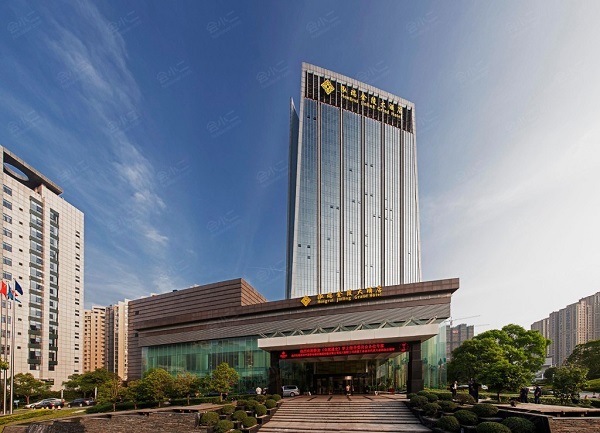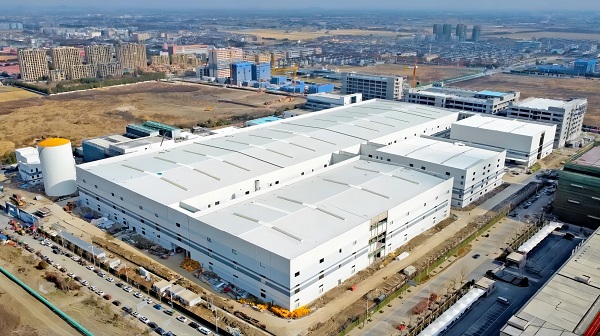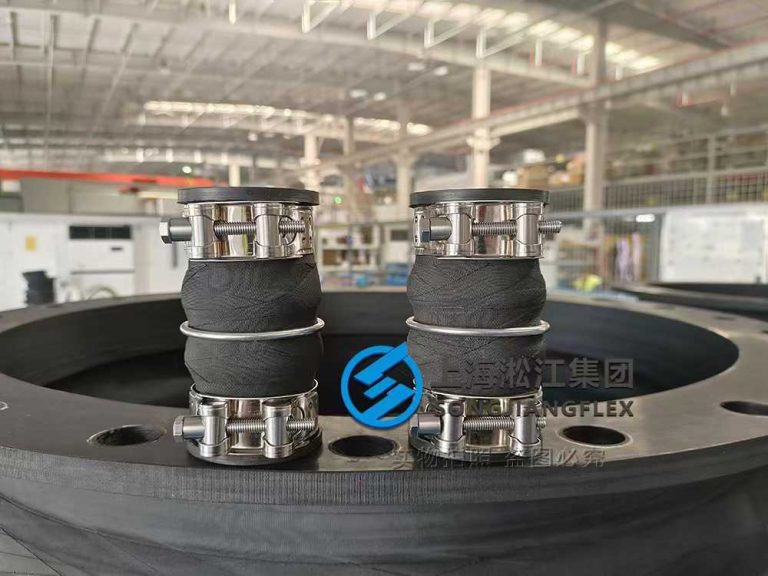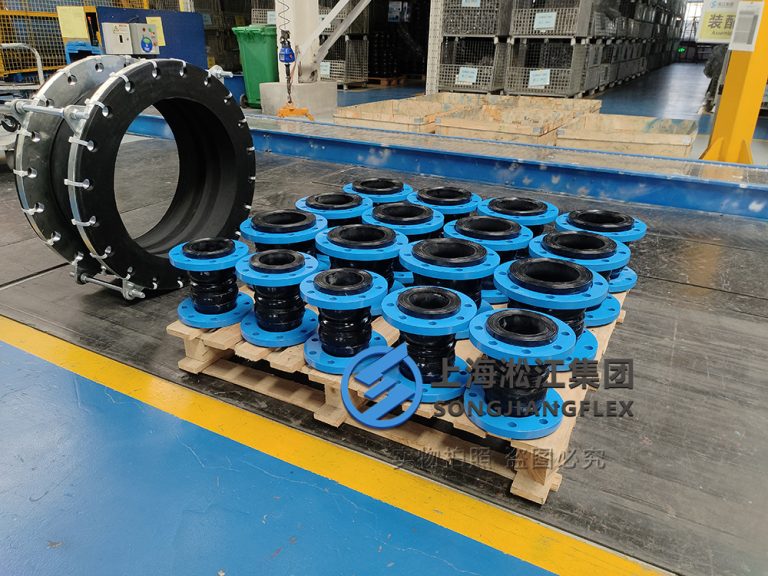Hanger spring vibration isolators are essential for reducing vibrations in mechanical systems. In this article, we’ll explore their benefits, purpose, and best applications in various industries.
A hanger spring vibration isolator helps reduce vibrations in HVAC systems, piping, and heavy-duty machinery. They enhance performance, minimize noise, and protect equipment from excessive vibration transmission. For more information on vibration isolators, visit our website.
Let’s now explore the specifics of how hanger spring vibration isolators work and how they benefit various systems and applications.
What is a Hanger Spring Vibration Isolator?
A hanger spring vibration isolator is a device designed to support and isolate vibrations in mechanical systems, preventing damage and ensuring smooth operations.
These isolators are engineered to absorb and reduce vibrations that can harm equipment or disrupt operations. They are typically used in HVAC systems, piping, and heavy-duty machinery. Learn more about our rubber expansion joints and other vibration solutions.
Hanger spring isolators are typically composed of a spring element suspended by hangers, which absorb the vibrational energy. This setup is highly effective in reducing noise and improving system performance, especially in industrial environments where heavy equipment operates. These isolators play a crucial role in ensuring the safety and efficiency of machinery by absorbing unwanted vibrations and preventing them from transferring to the surrounding structure.
What is the Purpose of a Spring Isolator?
Spring isolators are designed to isolate vibrations from machinery, ensuring both the equipment and the building remain protected.
By absorbing and dissipating energy, spring isolators prevent the transmission of vibrations, offering improved operational stability and durability.
Spring isolators serve as a barrier between vibrating equipment and its supporting structure. They are commonly used in HVAC systems, compressors, pumps, and other machinery where vibration control is crucial. These isolators are essential for improving equipment longevity by reducing the wear caused by constant vibrations. In addition, they help in reducing noise levels, creating a more comfortable and quieter environment for operations.
What is the Purpose of a Vibration Isolator?
Vibration isolators absorb and dampen vibrations, preventing the transfer of vibrations to other parts of the system or structure.
They improve the performance and longevity of equipment by reducing mechanical stress and noise from vibrations, ensuring smoother operations in industrial and residential settings.
Whether you’re using heavy-duty vibration isolators or lighter models for ceiling isolation, vibration isolators serve a crucial role in protecting sensitive equipment and reducing disruptions in your system. By mitigating vibrations, these isolators enhance the operational stability of machinery and help extend its lifespan. Using spring isolators is one of the most effective ways to ensure noise control and equipment protection.
What Does a Spring Hanger Do?
Spring hangers support and isolate vibrations in piping, ducts, and other systems, ensuring the components remain secure and vibrations don’t transfer to the structure.
Spring hangers reduce the transmission of vibration forces and allow for flexibility, ensuring systems operate smoothly without causing structural damage.
Spring hangers are essential in systems where vibration reduction is needed to protect both the machinery and the structural integrity of buildings. These devices are commonly used in piping systems, HVAC ducts, and large mechanical installations. By allowing for movement while preventing excessive vibration transfer, they contribute to the overall stability and efficiency of industrial operations.
What is Spring Isolation?
Spring isolation is a method of using springs to absorb and reduce vibrations within mechanical systems, preventing damage and improving system stability.
Spring isolation helps mitigate vibrations in both light and heavy-duty applications, ensuring a smoother and quieter operation of machinery and systems.
Spring isolation is widely used in various industries, including HVAC, industrial machinery, and automotive applications. The springs used in isolation are selected based on their ability to absorb specific frequencies and magnitudes of vibration. By isolating vibrations, this method not only improves equipment efficiency but also protects sensitive components from damage, which is particularly crucial in high-vibration environments like manufacturing plants and power stations.
What Does an Isolator Do?
An isolator prevents vibrations from transferring between machinery and the structural framework, thereby maintaining equipment functionality and reducing noise.
Isolators, such as kinetics spring isolators or restrained elastomeric isolation mounts, help absorb vibration energy, ensuring quieter and more efficient operation in mechanical systems.
Isolators are widely used in both industrial and commercial settings to reduce the transmission of vibrations, especially in heavy machinery and HVAC systems. By absorbing vibrations, these isolators protect both the equipment and the surrounding structure from unnecessary wear and tear. The use of advanced materials like elastomers and spring systems makes modern isolators highly effective at controlling vibrations and noise.
Are Spring Isolators Necessary?
Spring isolators are essential for reducing vibrations and ensuring smooth operations, especially in environments where noise reduction and equipment protection are priorities.
Yes, spring isolators are necessary in high-vibration environments to reduce noise, improve equipment longevity, and protect the structural integrity of the surrounding framework.
Spring isolators are particularly important in industrial applications such as HVAC systems, pumps, compressors, and large mechanical systems. They reduce vibrations that could otherwise damage sensitive equipment and structures. Moreover, they help in improving the overall operational performance by ensuring smoother machine functioning. Using spring isolators also ensures compliance with noise reduction standards, which is crucial in residential and commercial environments.
How Does a Hanger Spring Vibration Isolator Work?
Hanger spring vibration isolators work by using a spring element to absorb and reduce vibrations, preventing them from traveling through mechanical systems or structures.
The spring in a hanger isolator compresses and expands as it absorbs vibration energy, ensuring that the system operates smoothly and without excessive noise.
The efficiency of a hanger spring isolator depends on factors like the spring’s material, design, and load-bearing capacity. These isolators provide flexibility while ensuring secure support in high-vibration settings. For example, heavy-duty vibration isolators and elastomeric mounts are used for larger machinery and sensitive applications, where precise control of vibration levels is required.
Applications of Hanger Spring Vibration Isolators
Hanger spring vibration isolators are used across various industries, including HVAC systems, industrial machinery, and heavy-duty piping applications.
These isolators are ideal for installations where vibration reduction is critical, preventing damage and ensuring safe, efficient operation.
Common applications include supporting pumps, air conditioning units, compressors, and industrial piping. Their versatility makes them effective in both residential and commercial settings where vibration control is crucial. Whether it’s a noisy HVAC system or heavy machinery in a factory, hanger spring isolators can be tailored to meet the specific needs of different setups.
Benefits of Using Hanger Spring Vibration Isolators
Hanger spring vibration isolators provide numerous benefits, including noise reduction, equipment protection, and improved overall system performance.
These isolators help extend equipment lifespan, reduce maintenance costs, and ensure operational stability in various industries, from HVAC systems to heavy-duty industrial applications.
By reducing the transmission of vibrations, these isolators improve the comfort and safety of operational environments. They also ensure that sensitive equipment operates at peak performance without the risk of excessive wear and tear. In environments with high levels of noise and vibration, such as manufacturing plants or commercial buildings, hanger spring vibration isolators play a key role in maintaining system efficiency and minimizing disruptions.
How to Choose the Right Hanger Spring Vibration Isolator
Choosing the right hanger spring vibration isolator depends on factors like system requirements, load capacity, and the level of vibration reduction needed.
It’s important to consider the intensity of vibrations, the weight of the equipment, and the specific environment where the isolator will be used to ensure optimal performance.
For example, heavy-duty vibration isolators are ideal for large machines, while lighter models may be better suited for ceiling isolation or smaller HVAC systems. The color code for spring isolators may also help identify the proper specifications for various applications. Understanding the specific needs of your system ensures the optimal isolator selection for maximum efficiency and durability.
Summary
Hanger spring vibration isolators play a vital role in reducing vibrations, improving system efficiency, and protecting equipment in a wide range of industrial and commercial applications. For more information on vibration isolation hangers, visit our website.
